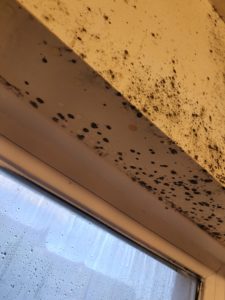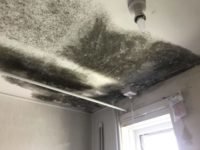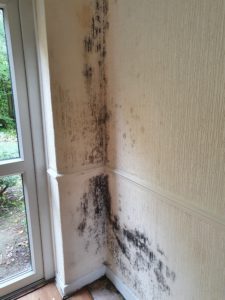The energy crisis is taking toll as bills are set to rise to an average of £3,000 per year next April, resulting in over 8 million UK households living in fuel poverty.
Charity National Energy Action (NEA) has warned that the number of households in fuel poverty will increase from 4.5 million UK households last October, to 8.4 million.
An online survey of 1,049 UK adults aged 16-75, conducted by Ipsos, for the University of Birmingham, has revealed that many Britons plan to take measures to reduce their household energy bills in the next three months.
Nearly 81% say they will “definitely or probably” leave the heating on for less time than usual and 77% will turn the heating thermostat down lower than they usually would, while 41% say they will turn their heating off completely.
With winter fast approaching and temperatures set to fall, decisions will need to be made by homeowners across the country, especially the elderly and those who are already living in fuel poverty.
The hidden costs of the energy crisis
With properties not being adequately heated during the winter, the increased risk of damp and mould is almost inevitable, as sustained warm temperatures in properties will not be maintained, and homes will naturally be colder. This damp and mould will affect walls, ceilings, bedding, clothes, furniture and carpets, as well as producing musty smells and damp conditions.
Adequate heating and ventilation in domestic properties is the main prevention of problems associated with condensation and mould growth and, one without the other, will normally not be sufficient in preventing them from becoming an issue. 
Whilst this might not seem important, especially compared to the financial implications of the energy crisis and the cost of living, properties will suffer and start to deteriorate. Furthermore, the risk to health that damp conditions can cause should not be ignored, especially with the very young, old and vulnerable.
How mould can affect your health
Moulds are caused by too much moisture in a building and they emit spores which can cause a variety of health effects. Some people are particularly sensitive to them, such as babies and young children, the elderly and those with allergies or asthma.
For those with allergies, breathing in or touching mould spores can cause severe reactions, including asthma attacks, fever and shortness of breath, while for others, mould can bring on a runny nose, red or itchy eyes and irritated skin.
Tips to prevent condensation and mould
Fortunately, it isn’t all doom and gloom, as there are simple things we can all do to help improve internal conditions and keep the damp and mould at bay.
- Try keeping your heating on longer at a lower temperature. A modest but constant background heat is preferable to intermittent heating, as this will help to maintain a higher ambient temperature in the fabric of the building (and it’s more cost effective).
- Open all window trickle vents throughout the property, if you have them.
- Regularly open the windows (on latch) to provide background ventilation and to prevent the build up of moisture, especially in kitchens and bathrooms (opening them too wide will just let cold air in).
- Keep the door to the bathroom closed, preferably at all times (believe it or not, moisture from bathrooms and kitchens can cause mould to form in other areas of the property; behind beds and furniture for example).

- If you have existing extractor fans in the kitchen and bathroom, use them and don’t switch them off at the isolation switch.
- Avoid drying clothing internally. If this cannot be helped, clothes should ideally be placed in the bathroom to dry, with the door shut and window open (don’t dry them on radiators throughout the house).
- If you have a tumble dryer, make sure it is correctly vented externally (even condensing dryers will not remove all moisture; some is bound to escape).
- Clean down mould with warm soapy water as soon as you see it (don’t use bleach).
- If you are in a position to do so, we would always recommend that you consider the installation of new, constant run, humidistat controlled mechanical extractor fans in kitchens and bathrooms wherever possible.
Choose RTC to solve any preservation issues you may have. Read our about us page.
To read what the PCA (Property Care Association) have said on the energy crisis, please click here.


